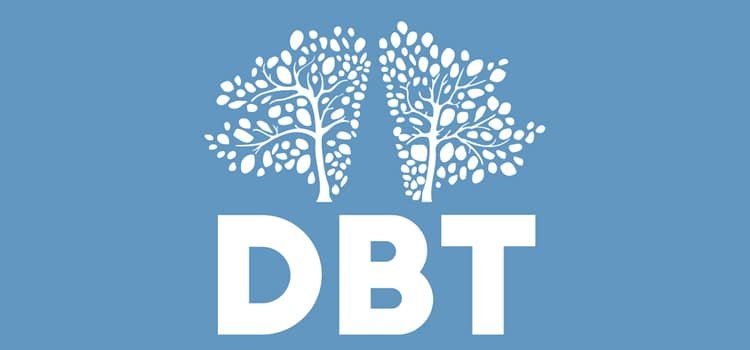What is Dialectical Behavioral Therapy (DBT)?
Dialectical behavioral therapy was created at the turn of the 1980s and 1990s by Marsha Linehan. The author of the therapy, in cooperation with Steven Hayes, initiated the so-called Third Wave of Cognitive Behavioral Therapy. Due to the fact that Linehan suffered from borderline herself in her youth, she knew perfectly well what problems are associated with this disorder. DBT therapy turned out to be a hit.
DBT psychotherapy is based on two theories of mental disorders – biosocial and dialectical. Biosocial theory assumes that emotional problems arise mainly from biological and environmental influences. It is they who can influence the fact that a person begins to have problems with emotions. Dialectical theory, on the other hand, refers to the reconciliation of opposites – thesis and antithesis – in the process of synthesis. The DBT theory is based on the fact that, on the one hand, the therapist should unconditionally accept the patient, and on the other hand, he must constantly strive to teach him to change his way of thinking.
Who is DBT for?
Dialectical Behavioral Therapy was developed in 1993 by Marsha Linehan and her team originally for people with borderline personality disorder. The first studies on the effectiveness of DBT were conducted on borderline people with suicidal tendencies. However, is therapy effective only in the case of these people? Is it only in such situations that it brings a significant improvement in well-being? Well, it turns out that DBT therapy in London is effective form of treatment for many people.
The beginnings of therapy and the first studies of its effectiveness
Marsha Linehan, herself suffering from borderline personality disorder, working in the cognitive-behavioral stream, thought about creating a therapy that would prove effective for people affected like her.
By instinctively introducing additional elements to the methods of her work, she created the trend of the Third Wave – i.e. DBT. The therapy, as confirmed by research, turned out to be effective. Subsequent years of work on the therapy and research on its effectiveness have shown that DBT is effective when working with teenagers with suicidal tendencies.
Over two decades of research have confirmed the therapy’s effectiveness in reducing maladaptive behaviors, including self-injury, suicide attempts, and substance abuse, in people diagnosed with borderline personality disorder.
DBT and depression and eating disorders
Although originally developed as a form of therapy for borderline people, DBT has proven effective for older people who have suffered from depression. It was soon found that elements of dialectic-behavioral therapy improve the general condition of patients with depression, as well as with dissocial personality. Due to the successes of therapists working in the DBT trend with people with depression and personality disorders, the spectrum of using this form of therapy was broadened. Its elements began to be used to work with patients with eating disorders. Both practice and the results of clinical trials have confirmed that DBT can be successfully used both in the case of bulimia and anorexia, as well as in obese people. Mindfulness (including mindful eating), meditation, and DBT’s ways of regulating emotions have proven to be a great way to
DBT – emotion regulation
Problems with regulating emotions, with outbursts of anger, rage, excessive shame or fear, are not only experienced by people with borderline.
At various stages of life, under stress, or fighting various adversities, we can periodically feel like we can’t cope. For all these people, the methods developed by Marsha Linehan can become an effective way to improve functioning.
Developing and learning new skills in the field of dialectic-behavioral therapy useful in situations that may “overwhelm” is a good idea for all those people who have lost the sense of control over their own lives or who feel inappropriate, inadequate, inappropriate.
DBT therapists show and practice with patients how to effectively deal with anger, anger or jealousy, so common in modern society, while emphasizing that every emotion is needed and serves to communicate with the world.
DBT – stress
DBT is an effective method of dealing with stress – regardless of whether it is stress caused by problems at work, at the university or in private life (problems in relationships, with family, infertility, etc.).
The skills used by Third Wave Therapy patients restore inner balance and improve self-esteem. After all, DBT is also about working with your inner critic, as well as learning to be here and now. It is working with automatisms that make us live “on autopilot”.
For patients complaining about relationship problems, having problems with effective communication, a whole series of meetings was developed, during which participants learn how to formulate messages, show respect for themselves and others, and be in a relationship while maintaining their and their partner’s autonomy.
DBT is also a good idea for all those people who have problems with achieving goals, completing tasks, fulfilling duties. It is also good therapy for those who would like to reduce some of their behaviors.
DBT skills, although initially developed for people with personality disorders and suicide attempts, have become an excellent tool for all those who want to improve their well-being and think about better functioning in social life.



